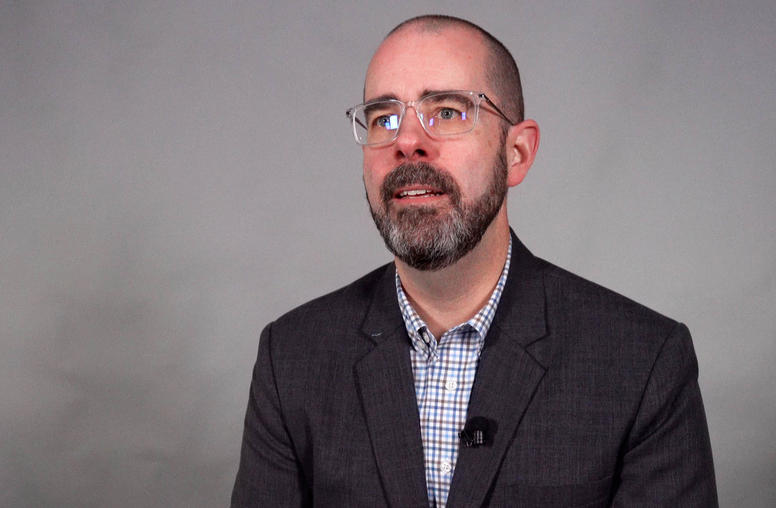Rough Neighborhood: Catholic Perspectives on Peace and Reconciliation in the Great Lakes
With the Congo just emerging from a civil war, the Institute on November 12 hosted a Current Issues Briefing on Catholic perspectives on peace and reconciliation in the Great Lakes region. Featuring insights from Catholic bishops from Burundi, the Democratic Republic of the Congo, and Rwanda, the panel discussed such issues as:
- The impact of conflict on social and religious institutions;
- The role of faith-based organizations in the promotion of peace and dialogue; and
- The challenges facing governments and civil society throughout the region.
Moderated by USIP Africa specialist, and former deputy assistant secretary of state for international organization affairs Michael Southwick, the presentations were followed by questions from the floor.
Speakers
- Frederic Cardinal Etsou
Archbishop of Kinshasa, Democratic Republic of the Congo; and President, National Catholic Bishops' Conference, Democratic Republic of the Congo - Bishop Nicolas Djomo
Bishop of Tshumbe Diocese in Kasai Oriental, Democratic Republic of the Congo - Archbishop Simon Ntamwana
Bishop of Gitega, Burundi; and President of the Episcopal Conference of Burundi - Archbishop Augustin Misago
Bishop of Gikongoro Diocese in Rwanda - Michael Southwick, Moderator
Program Officer, Research and Studies Program, U.S. Institute of Peace; and former Deputy Assistant Secretary of State for International Organization Affairs



